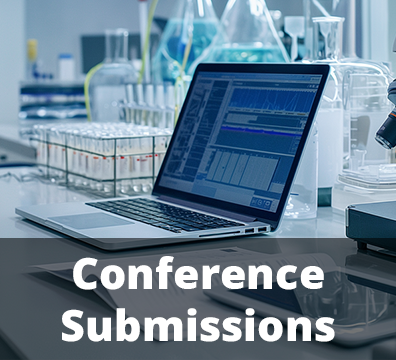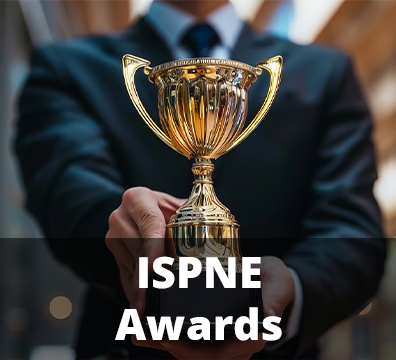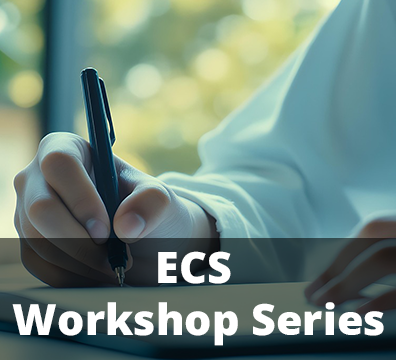From the President’s Desk: Charting ISPNE’s Next Chapter
Thank you to everyone that joined us for our 55th Annual Meeting in New Orleans in September 2025. Through 12 invited talks, 72 paper presentations and 62 poster presentations, and our many interactions over food, drink and music, we had the pleasure to share and learn some of the latest developments in psychoneuroendocrinology. A special thank you to our international colleagues, who made the trip to New Orleans for the meeting despite challenging circumstances in the United States. Finally, a huge thank you to our meeting co-chairs (Birdie Shirtcliff and Shannin Moody) and organizing committee members. We honored some important contributors to science and to our society through our awards – including 3 prestigious awards; the Dirk Hellhammer Award, presented to Dr. Shaozheng Qin, the Bruce McEwen Lifetime Achievement award, presented to Dr. Robert Dantzer and the Lifetime Service Award, presented to RoseMarie Bluthe. Additionally, we were able to celebrate awards for some of our early career scholars: Victoria Mueller, Ekaterina Schneider, Lauren Gyllenhammer, Harrison Dickens, Marina Gigleberger and Bernat Soley. The official journal for our society, Psychoneuroendocrinology, has launched a Special Collection related to material presented at the annual conference(s), led by the Editor-in-Chief Birdie Shirtcliff. Complementing the annual supplemental volume devoted to abstracts from ISPNE, symposium authors have been invited to submit themed special issues to the journal based on symposium themes – we hope many of you will take advantage of this special opportunity. We also announced next year’s conference date and location – FAU Erlangen Germany, September 2nd through 5th, 2026. We look forward to seeing you there! Before the conference, we have many additional exciting events that you can benefit from through being a member of ISPNE, as outlined below. Upcoming Events and Opportunities: 1. Media Training Webinars. The education committee and early career scholars committee of ISPNE are collaborating to offer a series of webinars on the why, what, and how of conveying your research and knowledge to the media. Several webinars remain. 2. Fireside Chats. Be on the lookout for the release of “Fireside chats” on the ISPNE website, in which influential ISPNE members are interviewed about their careers and contributions. 3. What’s Hot in Stress Science. We will be offering a quarterly newsletter and webinar for members and for industry on “What’s Hot in Stress Science”, in the service of rapidly conveying our latest ideas and knowledge on the psychoneuroendocrinology of stress. Keep an eye out for calls for newsletter contributions and speakers.
Warmly, Emma Adam ISPNE President, on behalf of the Executive Committee  Renew your ISPNE membership for 2025 today!Membership Dues:
All membership levels include electronic subscription of PNEC. Please send an email to [email protected] for reduced fees for low and middle income countries (LMICs). Not sure if your country qualifies as a LMIC? Please check the classification by the World Bank, which can be found here. Renew Your Membership |






